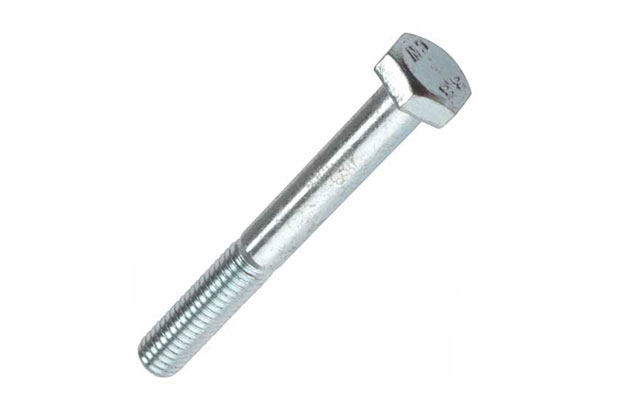

Galvannealed (ZF) coating is recommended for resistance welding applications with numerous welds. Therefore, in order improve weldability and achieve longer service life of welding electrodes, it is recommended to avoid unnecessarily thick coatings in welding applications. Similarly the increase in coating thickness increases slightly the required welding current. Spot welding of metal coated material requires slightly higher current and electrode force than for uncoated steels due to the lower contact resistance of the coating. Advantageous anticorrosion properties of the zinc-based coating mainly remain in the area of the properly made spot weld. Resistance welding methods, like spot welding, are most common and give excellent results with metal coated steels.

When welding recommendations are followed, the mechanical properties of welded joints are equal to those of non-coated steels. Metal coated steels can be welded by various welding techniques including different methods of resistance welding, laser welding and arc welding.

The successful forming of metal coated steels depends on selections made regarding the geometry of component, steel grade, metal coating type and thickness, surface quality and protection, and a tool used in the forming. The bending performance of zinc coated sheets with coating masses up to 275g/m2 can be regarded as equal to that of corresponding uncoated sheets. The metal coating has an advantageous characteristic of serving as lubricant, which works greatly with low and moderate surface pressures taking place in forming. Small differences in surface behavior may require some changes, for instance in lubrication, tooling geometry and holding forces. Consequently usually the same forming processes as for uncoated steels can be applied for zinc-based coated steels without any substantial modifications to the process conditions. In general, zinc (Z) coating endures severe deformations thanks to its ductility and good frictional behavior. In addition to these Zinc coating thicknesses defined according to EN10346:2015, the offering contains different asymmetric coatings, coatings with equal coating minimum mass per surface, and other OEM specifications that are available upon request. Guidance value for coating thickness per surface, typically (μm) Minimum total coating mass, both surfaces (g/m 2) * SSAB offers zinc coatings with different coating thicknesses, surface qualities and surface treatments to meet the demands of various applications.

WILL ZINC PLATED BOLTS RUST FULL
Full corrosion protection is also achieved in areas that have been heavily formed because the peeling tendency of low-friction and tightly bonded coating is low. Therefore, in certain applications, batch galvanizing of finished components can be substituted by using Z450 or Z600 coated sheet steel thereby simplifying the overall process chain.īecause of the sacrificial nature of the zinc, the coating provides corrosion protection for areas of exposed steel surfaces, such as cutting edges and areas where coating has damaged (scratches, impacts, etc.). The Z600 coating (42 µm on both sides) can achieve a service life of up to 80 years. The corrosion resistance provided by the zinc coating is in direct proportion to the coating's thickness. The composition of zinc coating consists almost entirely of zinc (>99%) and is lead free, resulting in finely crystallized zinc spangle that meets high requirements for visual appearance. These properties make zinc coatings well suitable to forming and demanding corrosive atmospheres. The continuous hot-dip galvanizing process offers a wide protection range from Z100 to Z600 in addition to a tight bond between the coating and the steel.


 0 kommentar(er)
0 kommentar(er)
